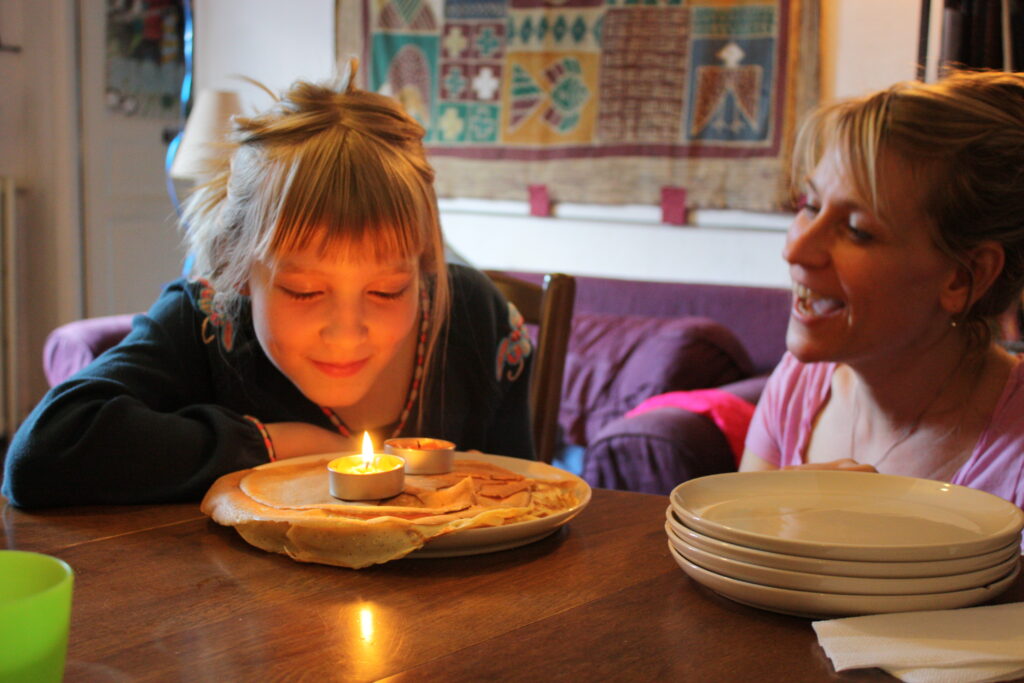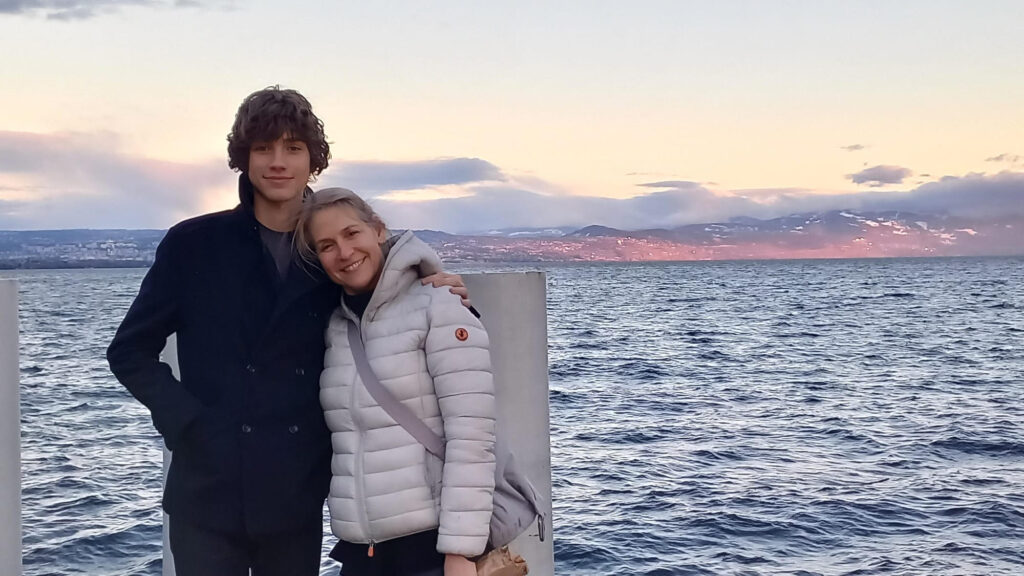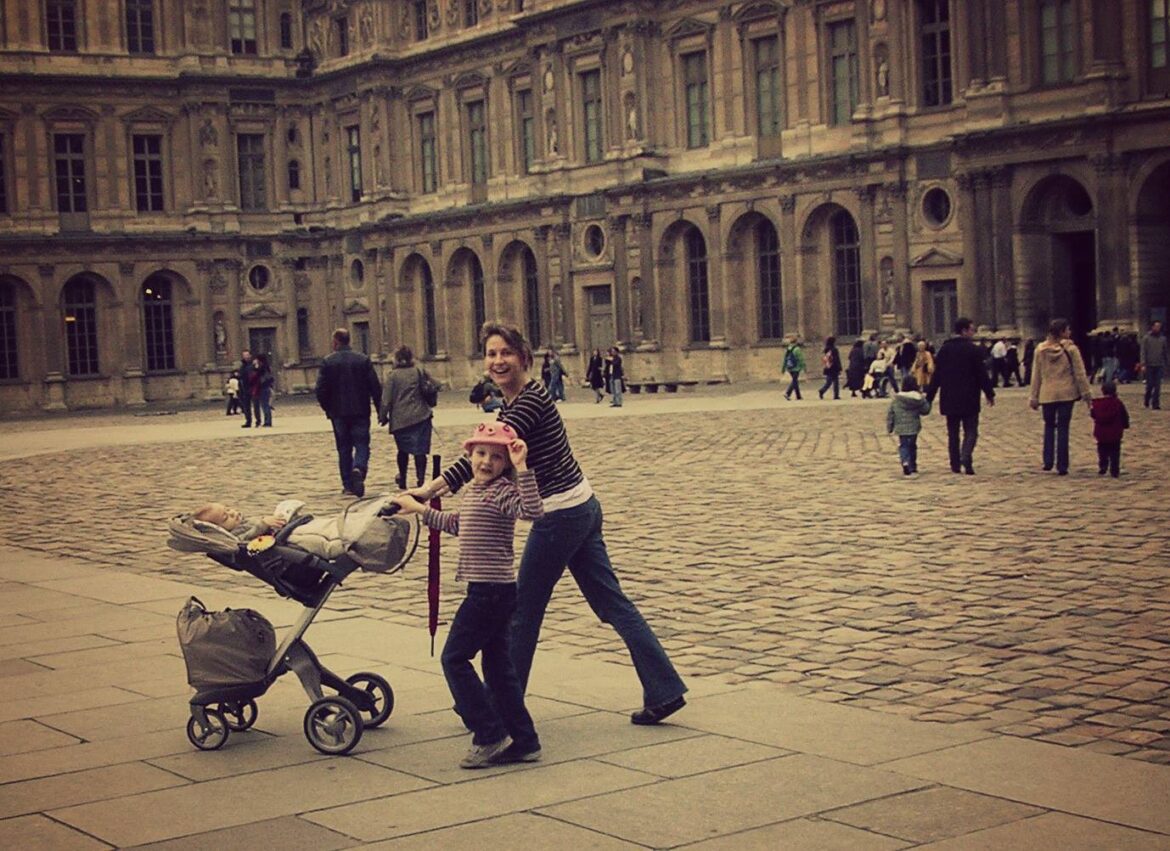Now I know I can’t lose
As long as you follow
I’m going to win
I’m going to beg, steal, or borrow
As long as you follow
Fleetwood Mac
Since Fleetwood Mac’s Christine McVie died on November 30, I’ve been listening to “As Long As You Follow” on repeat, often with tears, but sometimes with laughter, remembering how I once joked that it was the perfect song for the career expat.
“You can sing this to me at our wedding!” I chirped at my then-fiancé, when we were discussing plans for our married life.
We didn’t know where we were going, or when. All we knew was that at any moment, a call would come from his employer and we’d have a week to wrap up our lives. We said our “I do’s” in New Orleans, and next thing I knew we were on a flight to Nairobi, where he had a role that would fulfill him for the next two years, and I… well, I had myself to contend with.
Following to a fault
Though he never sang McVie’s words to me, I followed my husband: from Nairobi to Kampala to Paris to Lyon and finally, eight years ago, to Geneva.
Our marriage fell apart the first time between Uganda and France. Upon discovery of his affair with a colleague, I left Kampala without him and went to Paris, where, from a distance, we had bought a small apartment. (We had signed the final sale papers at the French Embassy, in spite of my suspicions that he was telling me sweet little lies about why he had to be away for weeks at a time.) I had been struggling with depression in the months leading up to our big crisis, and it was the thought of that apartment that sustained me on many a hard day. I saw it as an anchor, something solid to go back to; I had been dreaming of this crystal vision for years.
But we had a young child by then, and everything was more complicated, so we patched our relationship back together.

After that, as I wrote in my first book, “I learned to be the leader of my own life” — until 10 years into a very happy existence in Paris, I buckled under pressure and followed my husband to Lyon. He tried to convince me to sell the apartment, but I refused. Unlike the first time we relocated, this time, I had something to hold on to. We wouldn’t “always have Paris,” I wrote in my second book, “if we let go of the one thing we possessed, the 635 square feet on Rue Oberkampf, where we would always have a right and a reason to come home to.”
Knowing that I still had a base in Paris made the move to Lyon, ultimately, a happy one.
Uprooted, but staying grounded
Four years after that, my husband was transferred to Geneva — and this time, I didn’t even resist. I was excited to experience life in Switzerland, and by then I was an old hand at setting up — again — a therapy practice. It no longer felt like my identity was being pulled out from under my feet.
I give credit to the little apartment in Paris; it had kept me grounded. Though it had been rented for much of the four years since we’d left, I had gone back with the kids for several weeks every year when we were between renters. It was me who kept an eye on the leaky bathtub, the faulty light switch, and other little household bothers that needed periodic patching.
It was a labor of love for my little home that I knew some day, I would return to for good.
But the patches we had applied to our marriage 15 years earlier had finally worn out. Within months of arriving in Switzerland, I told my husband I wanted to separate. It was again Fleetwood Mac who accompanied me, through many an early morning walking-and-weeping session — the only time of day when I had the space and privacy to let it all out.
I’ve been afraid of changin’
‘Cause I’ve built my life around you
But time makes you bolder
Even children get older
And I’m getting older too…
Fleetwood Mac
Though years earlier I had declared myself the leader of my own life, we had played very traditional gender roles in our marriage. I was in charge of everything related to the children; he oversaw money and logistics. Becoming financially independent for the first time in over 20 years in one of the most expensive cities of the world was daunting. But I managed — and my years in Geneva proved to be good ones.
But time, indeed, makes you not only bolder and older, it makes you tired. At least that’s what happened to me. My workload exploded during the pandemic. Someone I was close to killed themselves. Then my father died, unexpectedly, in his sleep, in August 2021. Grief-stricken for months, I woke up one day yearning to go back to that little apartment in Paris that I had defended all those years ago.
That “someday” had come clearly into focus: It was time to move home.

New adventures and unknown unknowns
I had left Paris in 2011, when I was 42 years old, with a 6- and 12-year old in tow. When I move back in the summer of 2023, I will have just turned 54. I’ll be accompanied by my 18- year old son, and we will be a mere Eurostar away from my daughter, who is now a young woman in London — almost the age I was when I decided to get married and follow my husband to Kenya.
Nothing turned out as I had expected it would, and I know that in spite of my plans — moving my therapy practice fully online and releasing my new book sometime in the next year — I don’t yet know what I don’t know.
Sometimes, when I can’t sleep (a common occurrence these days as a menopausal woman), the anxiety strikes. What will happen next? Although it goes against the mindfulness rules of the age we live in, I take comfort in these words:
Don’t stop thinking about tomorrow
Don’t stop, it’ll soon be here
It’ll be better than before
Yesterday’s gone, yesterday’s gone
Fleetwood Mac

